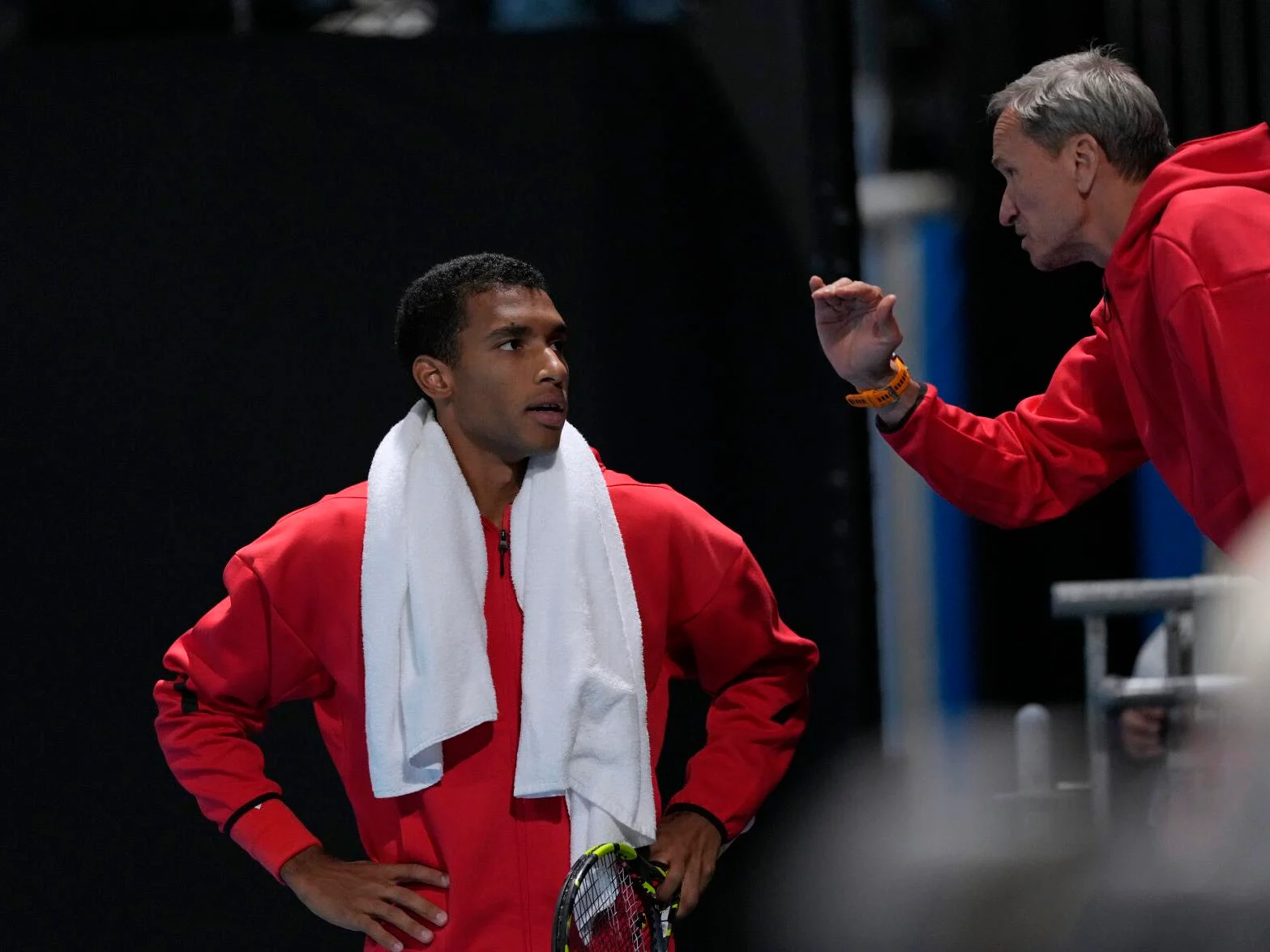The Australian Open’s Court 6, dubbed the “Party Court,” created a stir due to its lively atmosphere, driven by the presence of a two-level bar. The rowdy crowd, energized by chants, songs, and applause, became so disruptive that a nearby match on Court 8 had to be relocated. Scottish tennis player Jacob Fearnley, who competed and won a match on Court 6, acknowledged the boisterous environment, noting the natural connection between a bar and a lively crowd.
As Fearnley’s match unfolded on Wednesday night, the noise spilled over to Court 8, where Alejandro Davidovich Fokina and Felix Auger-Aliassime were beginning their encounter. The cacophony proved distracting for the players, prompting them to address the issue with the chair umpire. The disruption led to a 15-minute delay while the tournament supervisor assessed the situation. Ultimately, the decision was made to move the match to the less chaotic Court 7.

The relocation announcement was met with mixed reactions, as spectators were informed of the suspension and the players moved to a quieter venue. Despite the interruption, Davidovich Fokina managed to stage a remarkable comeback victory against the 29th-seeded Auger-Aliassime, securing a 6-7 (7), 6-7 (5), 6-4, 6-1, 6-3 win after the change of courts.
The Party Court’s bar, introduced last year, has been a divisive addition to the Australian Open. While it is a hit with fans who enjoy its festive vibe, players have expressed varying opinions about its impact on the game. The incident highlighted the challenge of balancing entertainment with maintaining an appropriate playing environment for the athletes.
Fearnley, who will face No. 2-seeded Alexander Zverev in the third round, shared his perspective on adapting to the atmosphere. Although initially distracted by the drunken antics of some supporters, he eventually embraced the energy and blocked out the commotion. Describing the setting as both challenging and thrilling, Fearnley remarked on the unique and “amazing” atmosphere the Party Court offered.
